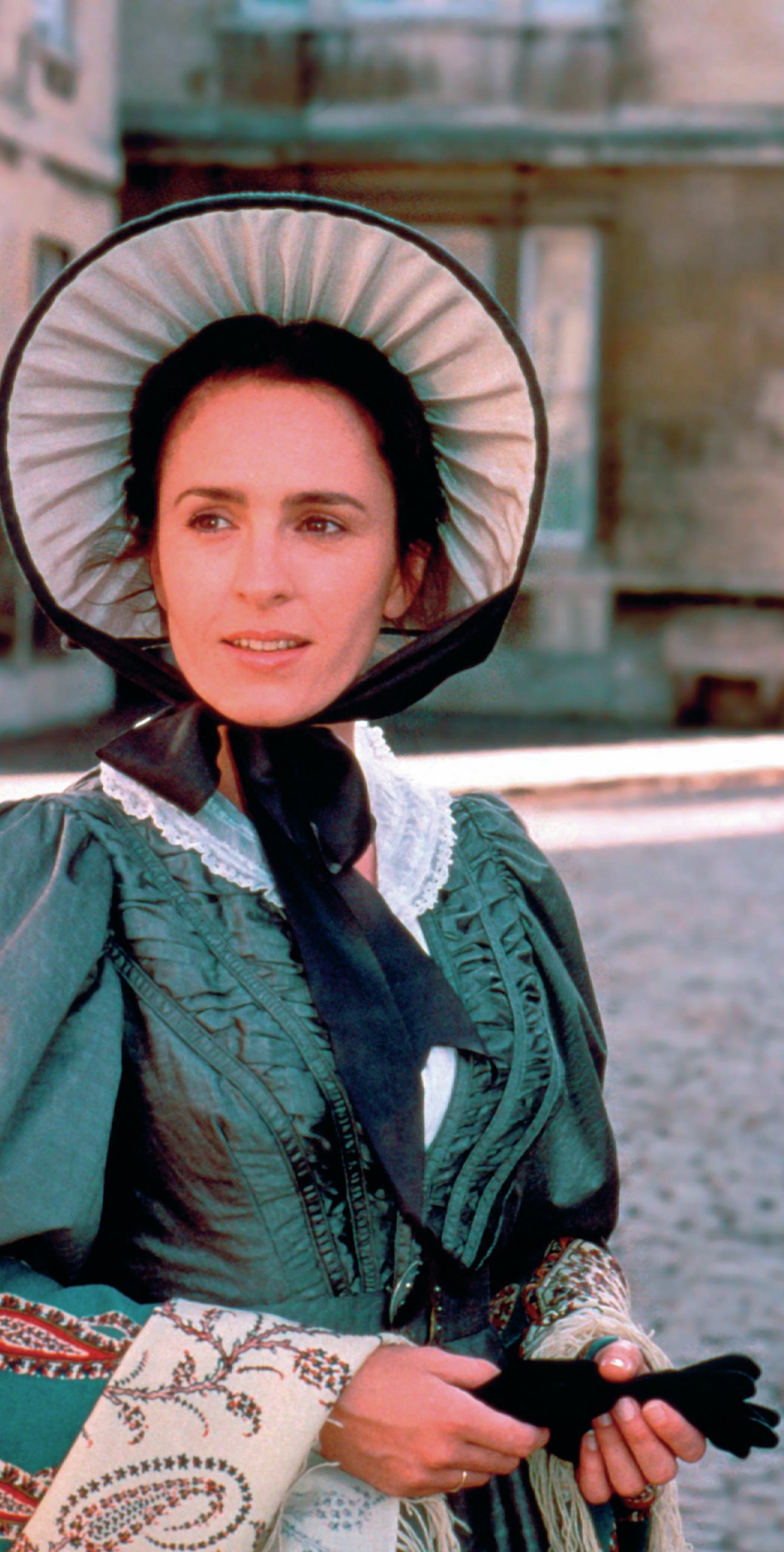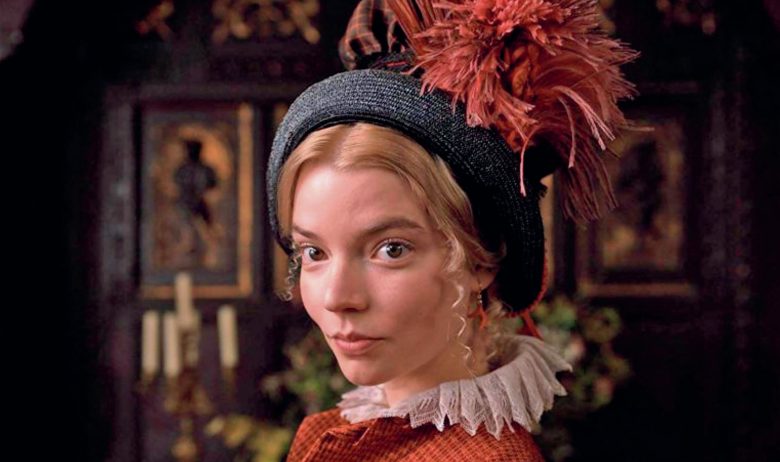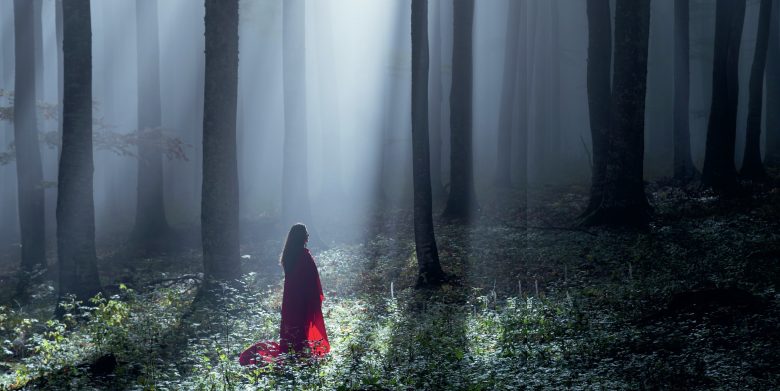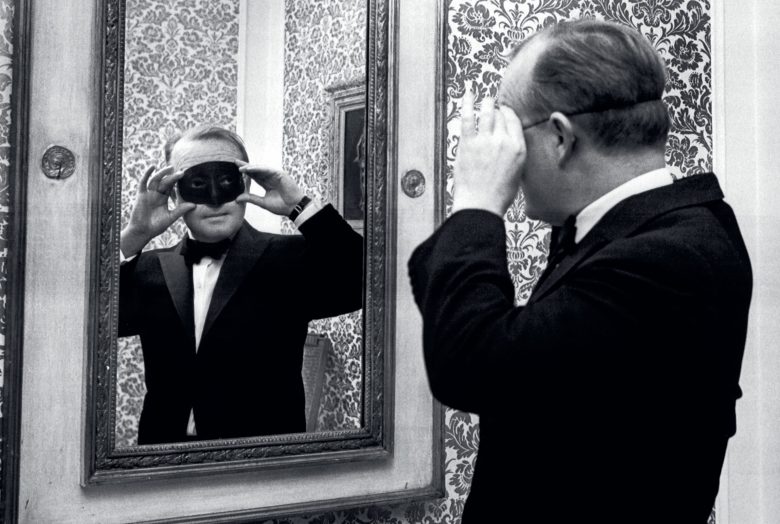
AQA (A) Literature: ‘Victorian literature’
It has long been accepted that George Eliot (1819–80) personally and relentlessly rebelled against Victorian gender norms. She developed her mind through rigorous selfeducation at a time when formal learning was a male preserve and women were considered weak-minded. She earned a living as a translator, reviewer, essayist, editor and novelist in the male-dominated world of work, which believed women to be naturally unstable, delicate and dependent. She renounced her faith and lived with a married man when women were expected to be pure moral agents, like the heroine of Coventry Patmore’s widely read and highly esteemed narrative poem The Angel in the House (1854–62).
Your organisation does not have access to this article.
Sign up today to give your students the edge they need to achieve their best grades with subject expertise
Subscribe




